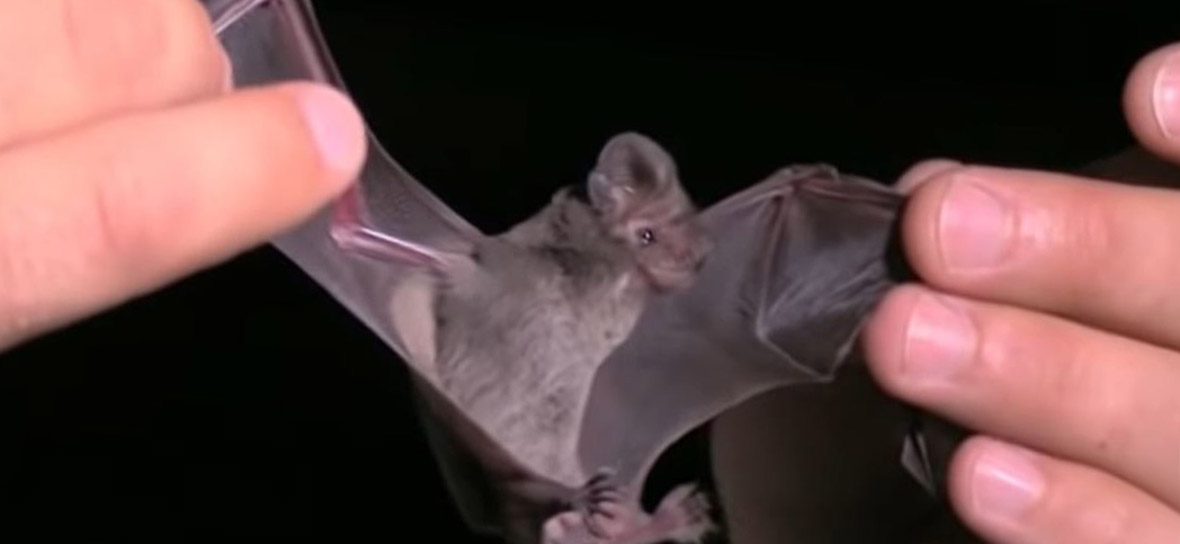- info@Eugenepestanimal.com
Call 24/7 for a free quote:
541-663-4975
Do Oregon Bats Have a Healthy Diet?
Eugene bats, so commonly called, belong to the category of Chiroptera, subdivided in turn into other groups and subgroups. They are the only Oregon mammals able to fly, thanks to their peculiarity: the winged hand. We often find them in the city fluttering around the lampposts, in the caves, in the mountains (up to a certain altitude), in the countryside, at the sea and even in the desert areas...Many resemble small mice with wings and have a muzzle that is really tender, while others are very large and live in the tropical zone that goes from sub-Saharan Africa to northern Australia.

The diet of a Chiroptera is very varied: generally it subsists in eating fruit, vegetables and insects at will, but some species feed on meat and fish.
Out of over thousands of species of Eugene bats in the world, there are only three of them called "Vampires":
The most common "Vampire" Chiropter is the Desmodus Rotundus, which feeds on blood belonging to cows and sleeping sheep: The Desmodus during the night sets off for the farms, where these animals live, to feed itself : it has very small and pointed teeth that it uses to make a painless incision on the animal (that won't wake up) and, after the bite, it will lick the blood on its teeth and then repeat the operation for about twenty minutes. The teeth contain an anticoagulant poison that facilitates the bat operation, which will return the next evening on the same animal that will still have the wound inflicted.
Recently, Oregon human blood was found in the faeces of Dyphilla Ecaudata, however the Desmodus would remain the most dangerous for humans who, if bitten, would risk contracting rabies. Anyway, the studies state that these bats suck only animal blood and that the discovery concerning human blood was only an isolated case due to the lack of food for a long period of time.
Visit our Eugene wildlife trapping home page to learn more about us.

